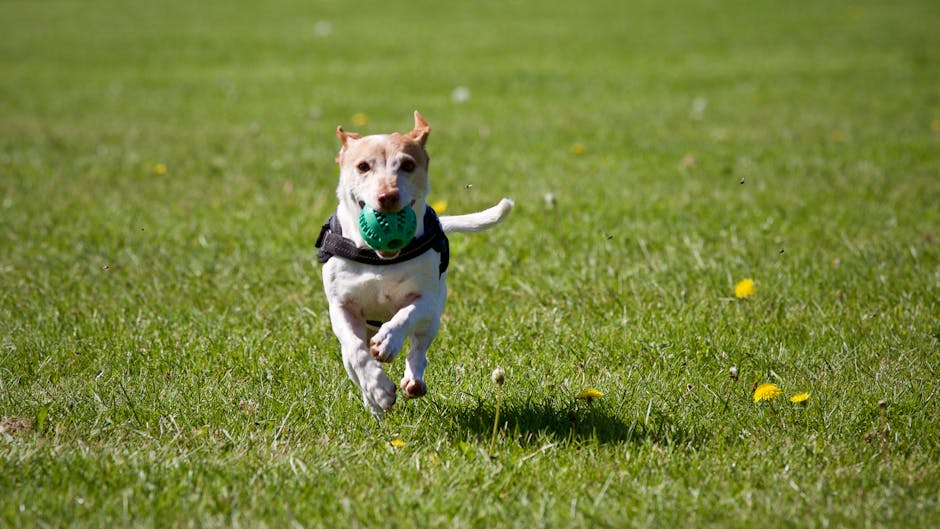Training your dog is an essential part of being a responsible pet owner. It helps establish a strong bond between you and your dog, while ensuring that they behave appropriately in various situations. In this comprehensive guide, we will delve into the world of dog training, exploring the different methods, techniques, and tips to help you train your canine companion effectively.
**Choosing the Right Training Method**
There are numerous dog training methods available, each with its strengths and weaknesses. Some of the most common methods include:
* **Positive Reinforcement:** This method rewards desirable behaviors with treats, praise, or other positive reinforcement. It is considered the most effective and humane training method.
* **Negative Reinforcement:** This method uses mild punishment to discourage undesirable behaviors. While effective in some situations, it should be used sparingly and only as a last resort.
* **Balanced Training:** This method combines both positive and negative reinforcement to achieve desired results.
**Basic Obedience Commands**
Every dog should master the following basic obedience commands:
* **Sit**
* **Stay**
* **Come**
* **Heel**
* **Down**
These commands provide the foundation for more advanced training and help establish a level of control over your dog.
**Advanced Training**
Once your dog has mastered the basic obedience commands, you can move on to more advanced training, such as:
* **Agility Training:** This sport involves navigating a dog through a series of obstacles, testing their physical and mental abilities.
* **Obedience Competitions:** These competitions evaluate a dog's obedience in various situations, demonstrating their ability to perform complex commands.
* **Detection Training:** This type of training teaches dogs to detect specific odors, such as drugs or explosives.
**Training Tips**
To maximize the effectiveness of your dog training, follow these tips:
* **Start Early:** Begin training your puppy as soon as possible to establish good habits from the start.
* **Be Consistent:** Dogs learn best when training is consistent and predictable.
* **Use High-Value Rewards:** Offer treats or rewards that your dog finds highly motivating.
* **Keep Training Sessions Short:** Dogs have short attention spans, so keep training sessions brief and engaging.
* **End on a Positive Note:** Always finish training sessions on a high note, with your dog feeling successful.
**Conclusion**
Dog training is an ongoing process that requires patience, consistency, and a strong bond between you and your canine companion. By following these guidelines and seeking professional assistance when necessary, you can effectively train your dog to be a well-behaved and obedient member of your family.
